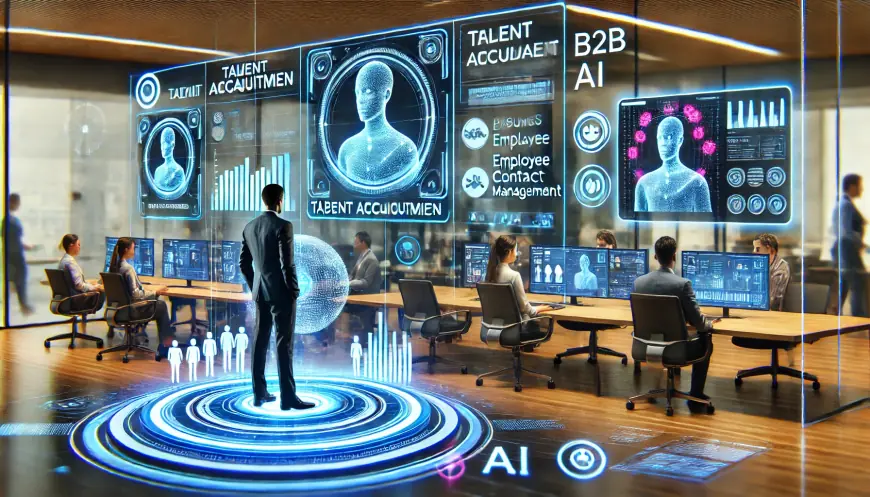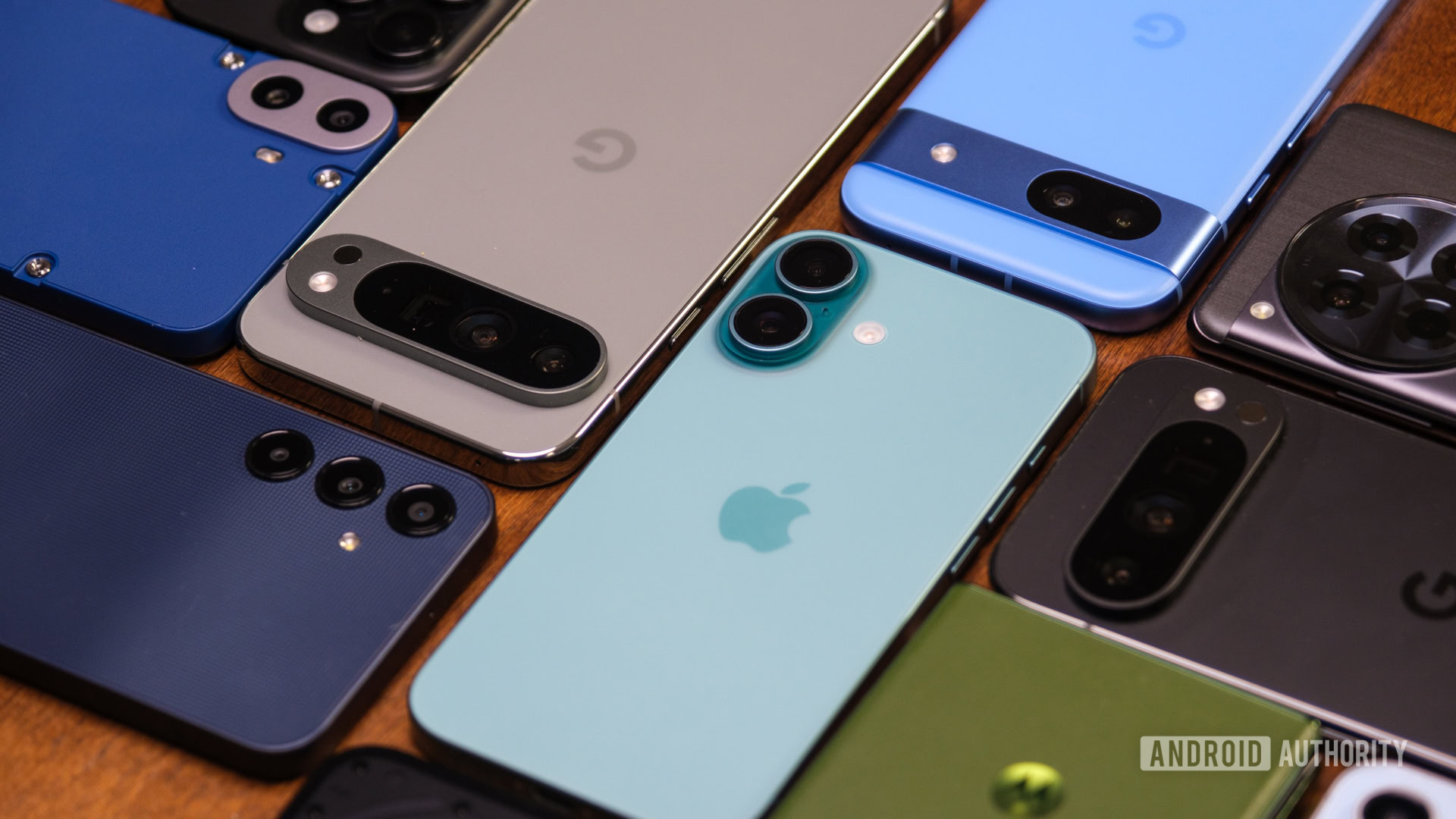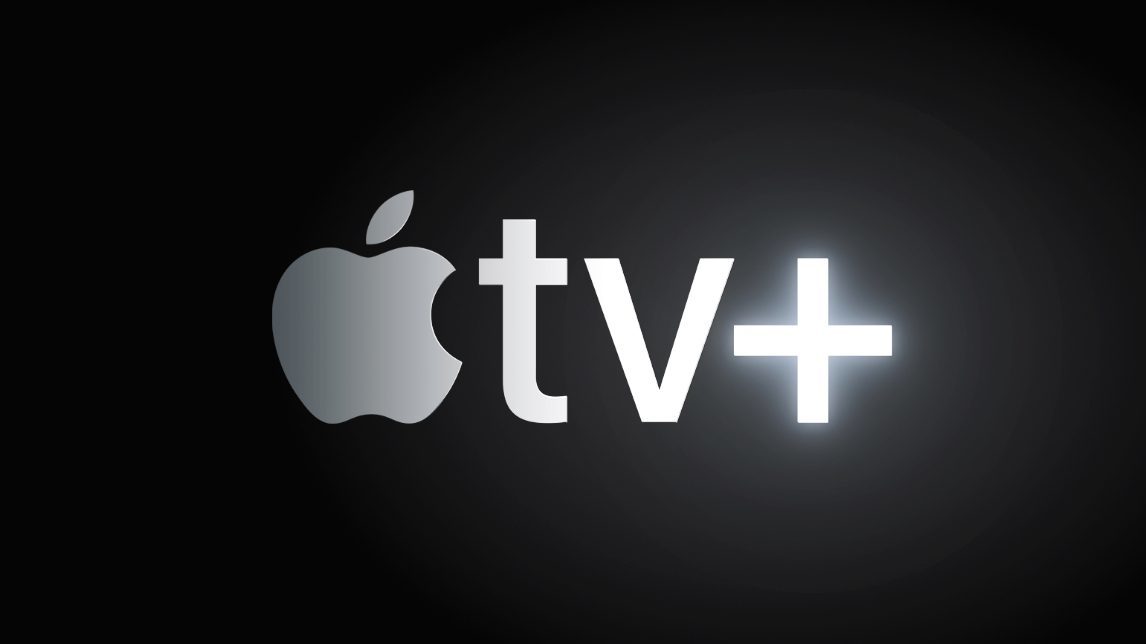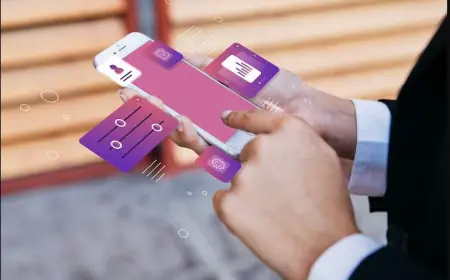AI Apps in HR: Talent Acquisition and Employee Contact in B2B
Explore how AI apps in HR are revolutionizing talent acquisition and employee contact in B2B, enhancing efficiency, and improving workforce management.

In many different fields artificial intelligence (AI) has had a somewhat revolutionary impact. Not one exception either, HR is not. As B2B companies always seek efficiency and competitiveness, artificial intelligence solutions in HR are starting to be a required tool in talent acquisition and employee communication.
From improving employee connection and engagement to streamlining the hiring process, AI-powered solutions have revolutionized HR department operations. Emphasizing its impact on employee contact and talent acquisition, this blog will investigate the growing relevance of artificial intelligence HR particularly in companies of B2B nature.
HR departments are under pressure in the fast-paced corporate climate of today to manage enormous volumes of data, control hiring procedures, and build close relationships among employees while also preserving operational effectiveness. HR artificial intelligence applications let businesses simplify procedures and make better judgments.
Furthermore, since AI is managing many of the time-consuming chores, HR experts can concentrate on more strategic operations such as talent development and maintaining a good working culture. In B2B, the importance of effective employee contact and efficient recruitment is even more evident as businesses try to keep ahead of their rivals.
The Role of AI in Talent Acquisition
By speeding up the hiring process, improving accuracy, and using data-driven methodology, artificial intelligence (AI) is revolutionizing talent acquisition. The Zillow app is streamlining various tasks that were once time-consuming and manual. Reviewing resumes, for example, is one of the most labor-intensive hiring chores, but AI techniques can speed things up significantly.
These systems shortlist applicants based on specific criteria after scanning resumes for pertinent keywords, qualifications, and experience. AI tools like HireVue, Jobscan, and Pymetrics are making this process more efficient by automating resume screening and improving the overall matching process.
AI learns from past employment choices over time, improving its assessments as it gathers more data. This continuous learning enhances the ability to predict the best candidates. Another important artificial intelligence tool is predictive analytics, which uses historical data to project a candidate’s future performance in a role. This includes assessing skills, experience, cultural fit, and prior performance, thereby enabling HR managers to make well-informed decisions and reducing the likelihood of a poor fit. Platforms like Hiretual and SeekOut use predictive analytics to help recruiters identify high-potential candidates from vast talent pools.
AI-driven assessments and interviews, using tools like HireVue or Mya Systems, can also evaluate candidates responses, including analyzing nonverbal cues such as body language and tone. These technologies leverage natural language processing (NLP) and machine learning algorithms to assess communication abilities and personality traits. These features clarify for HR teams the nuances of a candidate’s demeanor, ensuring that companies not only select skilled individuals but also those with the right cultural alignment.
By speeding the hiring process, reducing bias, and ultimately improving the quality of candidates, AI-powered tools like XOR, Loxo, and Yello help HR departments in B2B businesses achieve greater efficiency and precision. These developments ensure that companies are selecting the best-fit individuals for their needs while saving time and resources in the process.
Improving the Candidate Experience with AI
Employer branding depends much on the applicant experience since it directly affects a company's capacity to draw top talent. Organizations who treat candidates with respect, keep open lines of contact, and provide a seamless application process are more likely to be sought after as preferred companies.
Improving these interactions depends much on AI-driven technologies. For example, AI chatbots are becoming a standard feature in recruitment, answering candidates questions, providing real-time updates, and guiding them through each stage of the application process. This improves the applicant experience generally by removing protracted response waiting.
Furthermore, AI systems can provide customized job recommendations depending on candidates past searches, applications, and skills, so simplifying the process and giving it a more individualized feel. These suggestions also enable applicants to find positions they might have otherwise overlooked.
Another great tool is artificial intelligence-powered automatic feedback systems, which provide candidates who weren't chosen helpful criticism so they might grow for the next applications. This degree of openness improves the company's image in addition to fostering confidence. All things considered, AI tools help applicants engage with HR such that they feel informed, appreciated, and respected throughout their path.
AI for Employee Contact and Engagement in B2B
AI is also changing B2B company employee contact. Retention and employee satisfaction depend on good communication and involvement. Including artificial intelligence in these operations will help companies build a more responsive and encouraging workplace.
-
Automated Communication for Employee Feedback: Via surveys, polls, or one-on-one check-ins, AI-powered systems can automatically gather employee comments. This helps HR departments to learn about employee happiness, areas needing development, and any problems before they become more serious.
-
AI for Performance Reviews: Many times, traditional performance appraisals are biased or subjective. Data about employee performance can be objectively examined using artificial intelligence techniques, considering job metrics, peer reviews, and self-assessments. A more fair and accurate evaluation procedure follows from this.
-
Personalized Employee Development: By examining employees' skills, shortcomings, and career aspirations, artificial intelligence can help to customize training and development prospects for them. Using this information, HR can suggest particular courses, mentoring programs, or initiatives meant to enable staff members to advance inside the organization.
Using artificial intelligence can help B2B firms build closer relationships with their staff, hence increasing satisfaction and retention rates.
Benefits of AI in HR for B2B Companies
Particularly in B2B firms, artificial intelligence apps provide HR departments with various advantages. These advantages can produce more strong HR plans that result in greater corporate results than only increasing efficiency.
-
Time and Cost Savings: AI lessens the need for HR professionals to personally review resumes, schedule interviews, or handle other administrative chores. This frees important time and lets HR experts concentrate on crucial projects. AI tools also help to eradicate recruiting errors, so lowering turnover costs.
-
Improved Decision-Making: HR can make better decisions when artificial intelligence examines candidate, employee, and even workplace environment data. These data-driven revelations can enhance attempts at employee retention, compensation plans, and talent management.
-
Streamlined Onboarding: By automating chores including document submission, training plans, and policy explanations, artificial intelligence applications can streamline the onboarding process. Starting more rapidly, new employees help the business to increase general output.
Simply said, artificial intelligence in HR helps to control a sizable workforce, lower running expenses, and create a friendly workplace.
Addressing the Challenges of AI in HR
Though AI presents many benefits, it is not without difficulties. These difficulties must be resolved if we are to guarantee the effective application of AI instruments in HR.
-
Data Privacy Concerns: Using artificial intelligence in HR sometimes calls for managing private information sensitively. Businesses have to guarantee they follow data security policies and apply rigorous security procedures to safeguard applicant and employee data.
-
Bias in AI Algorithms: Sometimes the biases of the data AI systems are trained on carry over to them. For example, the AI tool may copy historical hiring data's prejudices in candidate choice should those prejudices exist in the data. Regular audits of artificial intelligence systems are really essential to make sure they are not supporting any kind of prejudice.
-
System Integration: Artificial intelligence techniques must complement current HR systems. Maximizing the value of AI apps and legacy HR software depends on their perfect integration.
Future Trends of AI in HR for B2B
AI's influence in HR inside B2B businesses will grow as it develops, producing more complex uses. One important trend is the increasing relevance of artificial intelligence in mixed-use buildings. AI solutions will help HR teams remain connected with their workforce by progressively supporting remote and hybrid work models and monitoring employee performance, communication, and engagement from a distance.
HR departments will be able to more successfully maximize talent acquisition and employee engagement initiatives as leading AI mobile app technology develops, therefore guaranteeing a more efficient and healthy workplace. These developments will enable B2B firms to enhance the employee experience and general business performance in the next years, so stressing the increasing relevance of artificial intelligence in determining the direction of HR.
Best AI Tools for Talent Acquisition and Employee Contact
Today, various artificial intelligence solutions designed for both talent acquisition and employee contact abound. These systems present creative ideas to improve staff communication and simplify the hiring process.
-
AI Recruitment Tools: Using video interviews and psychometric testing, applications like HireVue and Pymetrics evaluate candidates skills and cultural fit using artificial intelligence. Lever and Greenhouse are technologies meant to expedite the hiring process, hence improving its speed and efficiency.
-
Employee Engagement Tools: Using artificial intelligence, TINYp, and CultureAmp track morale, get employee comments, and offer recommendations for development. These systems establish an ongoing feedback loop that keeps HR managers current on employee involvement.
-
Choosing the Right Tool: Whether it's engagement, performance reviews, or hiring, B2B businesses should evaluate their particular needs for an artificial intelligence tool choice. The ideal instrument will fit very well into current systems, solve certain problems, and scale as the company expands.
Conclusion
Basically, by automating time-consuming chores, enhancing talent acquisition procedures, and encouraging greater employee communication, artificial intelligence apps are revolutionizing HR operations in B2B firms. Companies have to be aggressive in investigating new technologies that can provide a competitive edge as the terrain of artificial intelligence in HR changes.
Based on this knowledge, companies have to give top priority to implementing AI-powered solutions for employee engagement and recruiting if they are to remain effective, agile, and future-ready for the nature of work. I urge you to consider how artificial intelligence might simplify HR procedures and raise the effectiveness of your staff.
What's Your Reaction?
 Like
0
Like
0
 Dislike
0
Dislike
0
 Love
0
Love
0
 Funny
0
Funny
0
 Angry
0
Angry
0
 Sad
0
Sad
0
 Wow
0
Wow
0























































